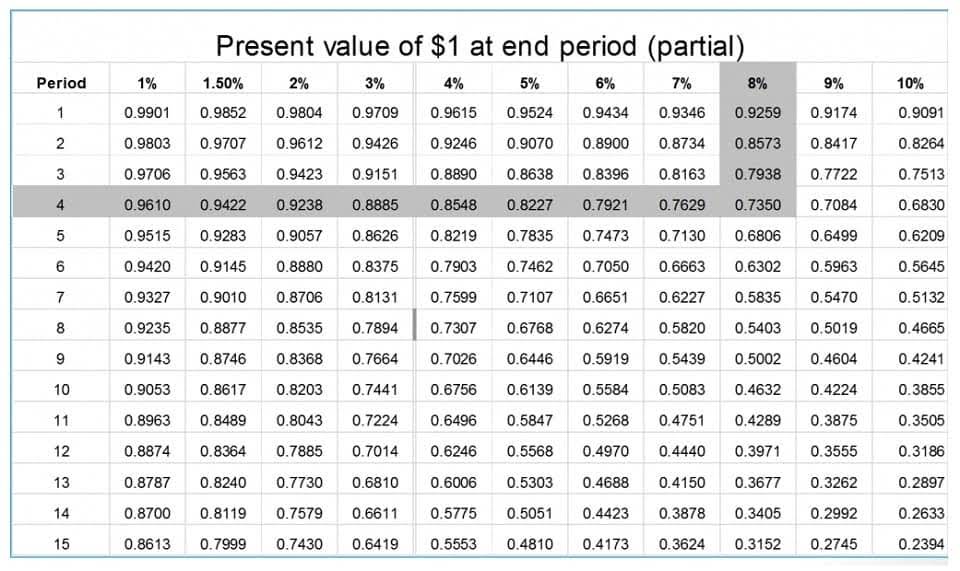Financial forecasting isn’t a one-time exercise; it requires steady review and adjustment. Market situations, financial factors, and private circumstances can change, necessitating updates to your forecasts. Frequently reviewing and revising your forecasts ensures that they continue to be related and accurate. For companies, this might contain quarterly evaluations, whereas individuals might update their forecasts yearly or in response to life occasions. By maintaining a versatile method, you probably can adapt to new information and keep on track to meet your financial targets.
- It’s, in fact, the most appropriate technique to gauge the longer term financial performance of your small business.
- Financial forecasting provides needed insights to information useful resource allocation, build environment friendly budgets, and make strategic choices.
- This type of economic forecasting helps companies estimate the demand for their services or products and broaden revenue streams.
- Leadership groups often deliver together specialists from a quantity of disciplines and departments to create a extra comprehensive view of the company’s future.
Monetary Forecasting Methods Each Entrepreneur Wants
What matters most is aligning your forecasting approach with how your teams function and the sorts of questions leadership needs answered. In many cases, the proper mannequin isn’t probably the most superior, however the one which gets used consistently and successfully. Investors and lenders know that your startup’s financial evaluation isn’t set in stone, but you need to ensure it’s practical. Lending institutions and investors have seen too many overly optimistic entrepreneurs about their businesses. Top-down forecasting includes taking the market outlook as an entire financial forecasting methods to project future estimates for the corporate.
Repeatedly Enhancing Forecasting Fashions
The main difference between monetary forecasting and budgeting is their purpose inside monetary planning. Monetary forecasting makes use of historical information, business developments, and exterior indicators to project a company’s future monetary outcomes. It can help estimate every thing from revenue and bills to profitability and money move.
Selecting The Best Financial Forecasting Mannequin
Monetary forecasting methods are broadly categorized into qualitative and quantitative approaches. Qualitative strategies rely on expert opinions, market analysis, and pattern evaluation to make predictions. These methods are sometimes used when information is restricted or historic patterns are not applicable.
If you want quick short-term forecasts with limited knowledge, place your bait on a straight line or moving average methods. However, as this monetary forecasting course of continues for a sequence of rounds, it might take time to arrive at outcomes. Financial forecasting focuses on predicting what goes to occur based mostly on present and historic information. Monetary planning is about creating a long-term technique to satisfy monetary targets and should embody forecasts, budgets, investments, and contingency plans.
Common Types Of Monetary Forecasting
Monetary forecasting is the method of predicting a company’s future financial efficiency based mostly on historic knowledge, trends, and different relevant elements. Widespread pitfalls in financial forecasting embody knowledge inaccuracies, reliance on outdated models, and failure to assume about external components. Additionally, fostering collaboration and communication amongst stakeholders can enhance the accuracy and relevance of forecasts. Financial forecasting is an iterative process that requires continuous refinement and improvement. As new knowledge turns into out there and market circumstances change, forecasting models must be reviewed and up to date to stay relevant. This involves often assessing the accuracy and effectiveness of fashions, experimenting with new methodologies, and incorporating suggestions from stakeholders.
Moreover, leveraging technology, corresponding to synthetic intelligence and machine learning, can enhance data evaluation and improve forecasting accuracy. Another technique is making use of the Delphi method in monetary forecasts sooner or later, similar to making forecasts about market growth. This is what distinguished the Delphi methodology from different forecasting and financial planning methods. Once More, time-series methods offer fast forecast insights whereas it takes time to calculate, interpret, and strategize the outcomes of causal forecasting fashions.
These critically helpful predictions keep your business clear of any potential influences, so you possibly can effectively ‘future-proof’ your funds for optimal efficiency. Each technique is suitable for various uses and has its strengths and shortcomings. However, qualitative forecasting is extra suitable for startups without past knowledge to which they will refer. Monetary forecasts are designed to give enterprise owners an insight into the company’s future. You get to decide how far into the future to look, and it could range from a number of weeks to several years.
This insight can result in smarter investments, better budgeting and greater profitability. A finances represents your small business’ cash flow, monetary positions, and future targets and expectations for a set fiscal interval. Monetary forecasting and planning work in tandem, as forecasting primarily provides an insight into your corporation’ future—these insights help make budgeting accurate. This illustrates why the time sequence forecasting methodology is so valuable for monetary planning. Analysts can customize time intervals — every day, weekly, monthly, quarterly, or annually — to disclose patterns and trends in historic firm knowledge. Right Here are a variety of the most generally used quantitative monetary forecasting methods analysts rely on at present.
The four primary forecasting methods are straight line, shifting common, easy linear regression and a quantity of linear regression. As factors https://accounting-services.net/ such as business and market tendencies change, so do monetary forecasts – which is why it’s essential to notice that any type of monetary forecast is more correct in the short term. Effective monetary forecasting is complete, consistent, and pushed by data. OneStream’s unified financial planning and forecasting software simplifies the method, empowering FP&A groups to execute and speed up sophisticated forecasting strategies and stories. Monetary forecasting and financial modeling are two distinct ideas in finance.









